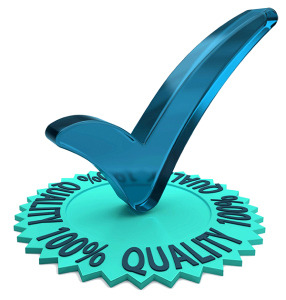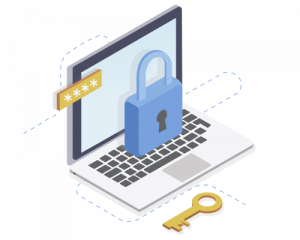Patient-Centric Clinical Trials Start with Linguistic Validation
Effective linguistic validation services are essential to ensuring the quality and validity of translated clinical outcome assessments (COAs) during multilingual and international clinical trials. Clinical trials are increasingly being conducted across multiple countries and languages to improve participant diversity and product offerings by pharmaceutical, medical device, and other medical product companies. Accurate medical translations are a mandatory regulatory compliance requirement for international clinical research and development, but particularly important for patient-centric trials that utilize COAs.
Linguistic validation is a complicated undertaking involving numerous translation steps, including medical terminology management, forward translation, linguistic harmonization, back translation, and language reconciliation, by professional life science linguists and subject matter experts (SMEs) such as physicians and clinicians. These measures ensure that patient-reported outcomes and other patient-facing documents are standardized across study sites to record only the most accurate data, so companies can get to market faster.
CSOFT Health Sciences’ global team of over 10,000 medical linguists, in-country reviewers, and subject matter experts are dedicated to delivering linguistic validation services for the best possible ROI.
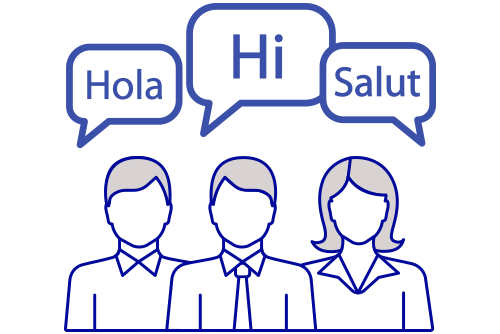
Proven Linguistic Validation Expertise
CSOFT Health Sciences brings years of experience to our medical translation services across the life science industries, from pharmaceuticals, clinical research organizations, biotech and medical devices . We employ professional in-country linguists and life science subject matter experts to deliver linguistically accurate and technically precise clinical translations with an emphasis on medical localization performance in 250+ languages. As a certified translation company, CSOFT has the tools, knowledge, and experience to deliver the top-notch linguistic validation services that our clients depend on for global success.
Linguistic Validation for Clinical Trials
Clinical trials are increasingly conducted internationally, with patients, investigators, trial organizers, and even physicians and clinicians who all speak different languages. As a result, many of the clinical studies, research reports, trial sponsor materials, and patient documents such as informed consent forms and clinical outcome assessments (COAs) like patient-reported outcomes (PROs) must be accurately translated and validated.
Multilingual clinical trials serve several purposes, such as better patient sampling to cover different ethnic groups, spending reductions with lower labor cost in overseas markets, and enhanced international market entry once a drug is approved by regulatory authorities such as the FDA, NMPA, and EMA.
Learn more about our multilingual clinical trial translations.
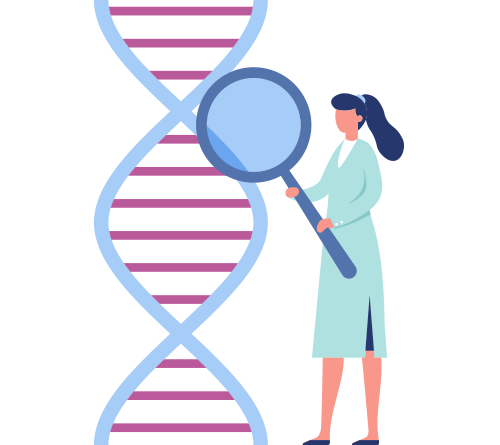
Linguistic Validation for COAs
Clinical outcome assessments (COAs) are a fundamental component of the clinical trial lifecycle. COAs document the benefits and risks of a treatment reported by the patient, clinicians, or trial observers within a given clinical trial.
For multilingual clinical trials, COAs conducted in other languages must be accurately translated and validated through a rigorous linguistic validation process. CSOFT Health Sciences’ global network of translators offers linguistic and in-field experience to help the world’s leading pharmaceutical and CRO companies confidently conduct COA linguistic validation.
Learn more about our clinical outcome assessment translations.
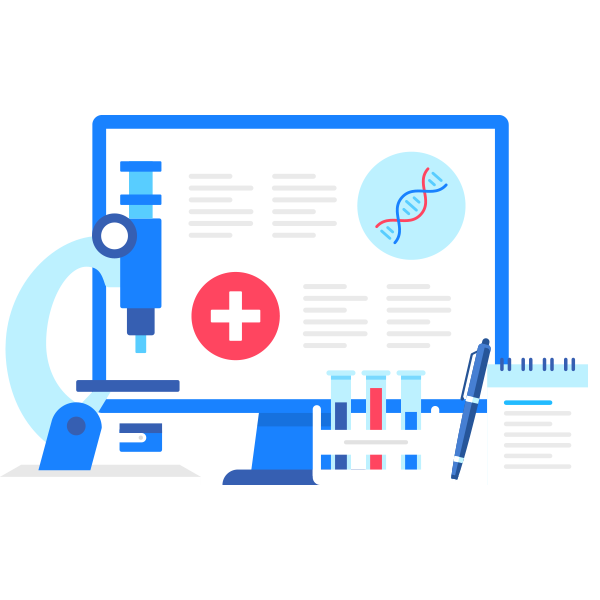
Translating Patient-Reported Outcomes (PROs)
Within the life science industry, patient-centered clinical solutions and treatment systems are rapidly gaining momentum. There is a growing trend in modern clinical trials to give importance to patient opinions, comments, and complaints– namely, patient-reported outcomes (PROs), as opposed to reports from clinicians, caregivers, and trial observers.
This trend makes it even more important to accurately translate and linguistically validate PROs to efficiently obtain drug approvals from regulatory authorities in international markets.
Learn more about our PRO translations.
Linguistic Validation for Clinician-Reported Outcomes (ClinRO)
A clinician-reported outcome (ClinRO) assessment is designed to measure the status of patients’ health and define end-point treatments and the benefits of medical interventions for patients such as their physical feel, function, or survival in clinical trials. These assessments must be accurately translated through qualified linguistic validation processes to ensure regulatory compliance and the eventual approval of the related drugs or drug therapy.
When pharmaceutical companies and CROs invest millions of dollars to conduct clinical studies, top-quality translation is crucial to delivering these clinician-reported outcome assessment documents. CSOFT Health Sciences is a language industry leader in professional linguistic validation for a variety of COA assessments including clinician-reported outcomes (ClinRO), observer-reported outcomes (ObsRO), and performance outcomes (PerfRO).
Learn more about our ClinRO translations.

Linguistic Validation for Trial Master Files (TMFs)
A trial master file (TMF) is an important collection of documents submitted to regulatory agencies during clinical trials to demonstrate that a trial adheres to the approved clinical trial protocol and good clinical practice (GCP). TMFs also serve to protect patient data and contain a number of essential documents, including informed consent forms, investigator’s brochure (IB), site information, and more. Ensuring that these files are translated to the highest degree of accuracy with linguistic validation for patient-facing documents is an important way to meet global regulatory requirements. With a large percentage of clinical trials being conducted in overseas markets with different language requirements, relying on the support of a trusted language service provider (LSP) can be crucial to a smooth regulatory approval process. CSOFT Health Sciences provides cost-effective and timely translations for all types of clinical trial documents to include TMFs.
Learn more about our TMF/eTMF translations.
Back Translation
Back translation is a critical quality assurance process in life sciences that validates the accuracy of translations for clinical trial materials and other medical documents. First, a document is forward translated into the target language. Then, an independent translator with no knowledge of the original text back translates it into the original language. Any discrepancies between the two versions are documented in a Reconciliation Report, which the project manager and translators use to resolve differences until both translations share equivalent meaning. Regulatory bodies like the FDA, EMA, and PMDA often mandate back translation to ensure quality control for informed consent forms, surveys, protocols, medical device labeling, pharmaceutical marketing, patient education, and other materials requiring linguistic validation.
Learn more about our back translation services.
Cognitive Debriefing
Cognitive debriefing is a crucial step in the linguistic validation process, where a research tool or patient questionnaire, like a patient reported outcome (PRO), is tested on a small group of members of the target patient population to ensure that on a conceptual level, the respondents understand the translated questionnaire content as the same as the original. This step is crucial to the linguistic validation process as any misunderstanding or confusion in the interpretation of the questions could result in regulatory rejection or worse, endanger patients’ lives as they lack the fundamental understanding of their treatment.
Learn more about our cognitive debriefing services.
Linguistic Validation for Case Report Forms (CRFs)
Case report forms (CRFs) refer to a questionnaire that is commonly used in clinical trials by sponsors to collect patient information and data. For multinational clinical trials, translations for CRFs may be a regulatory requirement and enable sponsors to collect more accurate information on patients with diverse linguistic and cultural backgrounds. Ensuring that CRFs are correctly translated with linguistic validation can be a necessary strategy for meeting strict regulatory standards on language and ensuring this document can be understood by the targeted population. CSOFT Health Sciences supports sponsors with highly accurate translations and end-to-end localization solutions for all manner of documents needed during the clinical trial process.
Learn more about our case report form translations.
Clinical Trial Protocol Validation
Clinical trial protocols are crucial documents that aim to describe the objective, study design, safety measures, organization, and other important aspects of how the trial will be conducted. For anyone conducting clinical trials overseas and in compliance with global regulatory standards, ensuring the highest quality translation for clinical trial protocols with linguistic validation may be a necessary step to gain approval.
Learn more about our clinical trial protocol translations.
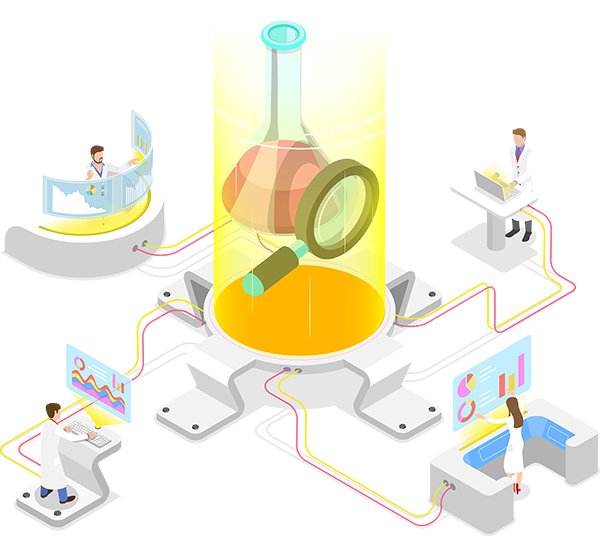
Linguistic Validation with Medical Experts
Quality linguistic validation services must be performed by professional linguists working together with medical subject matter experts such as physicians, clinicians, and pharmaceutical specialists to produce optimal language outputs that meet regulatory compliance requirements.
Our linguistic validation team has extensive experience in the following therapeutic areas and more:
Our linguistic validation team understands the nuances of the following project areas and many others:
Our linguistic validation team follows industry-standard best practices for linguistic validation with our 11-step process:
Our Methodology
- 1. Preparation
- 2. Forward Translation
- 3. Reconciliation
- 4. Back Translation
- 5. Back Translation Review
- 6. Harmonization
- 7. Clinician & Sponsor Review
- 8. Cognitive Debriefing
- 9. Review of Cognitive Debriefing
- 10. Proofreading
- 11. Final Report
Other Medical Translation Services
Our end-to-end medical translation and localization services coverage extends across a range of clients, medical professionals, and treatment settings. In addition to CSOFT Health Sciences’ cost effective and timely terminology management solutions for life science companies, our global network of in-country linguists and subject matter experts specialize in a wide range of localization solutions for medical content, including:
Quality Assurance
CSOFT Health Sciences has developed a process for quality assurance to ensure that every medical translation project meets quality standards in a cost-effective and timely manner. We are certified in ISO 17100:2015, ISO 9001:2015, and ISO 13485:2016 to ensure our customized solutions meet global regulatory requirements. Our subject matter expert linguists have at least seven years of experience and work with in-country reviewers and project style guides to meet industry standards. CSOFT offers an online translation management ecosystem for one central location to leverage real-time translation memory and terminology management through our innovative cloud-based technology. Every step of the way, CSOFT has you covered.
Learn more about our quality assurance process.
Data Security
With over 20 years of experience in medical translation, CSOFT Health Sciences understands the importance of data security to our clients, and we take nothing for granted when confidentiality is a concern. Our well-documented and fully traceable information data security policies, checklists, and quality records leverage the best practices of ISO 27001. They are designed to protect everything from source data to translations. From our 24/7/365 data monitoring and advanced encryption to our access control measures, you can be sure that your project data is safe from start to finish.
Learn more about how CSOFT prioritizes data security.
